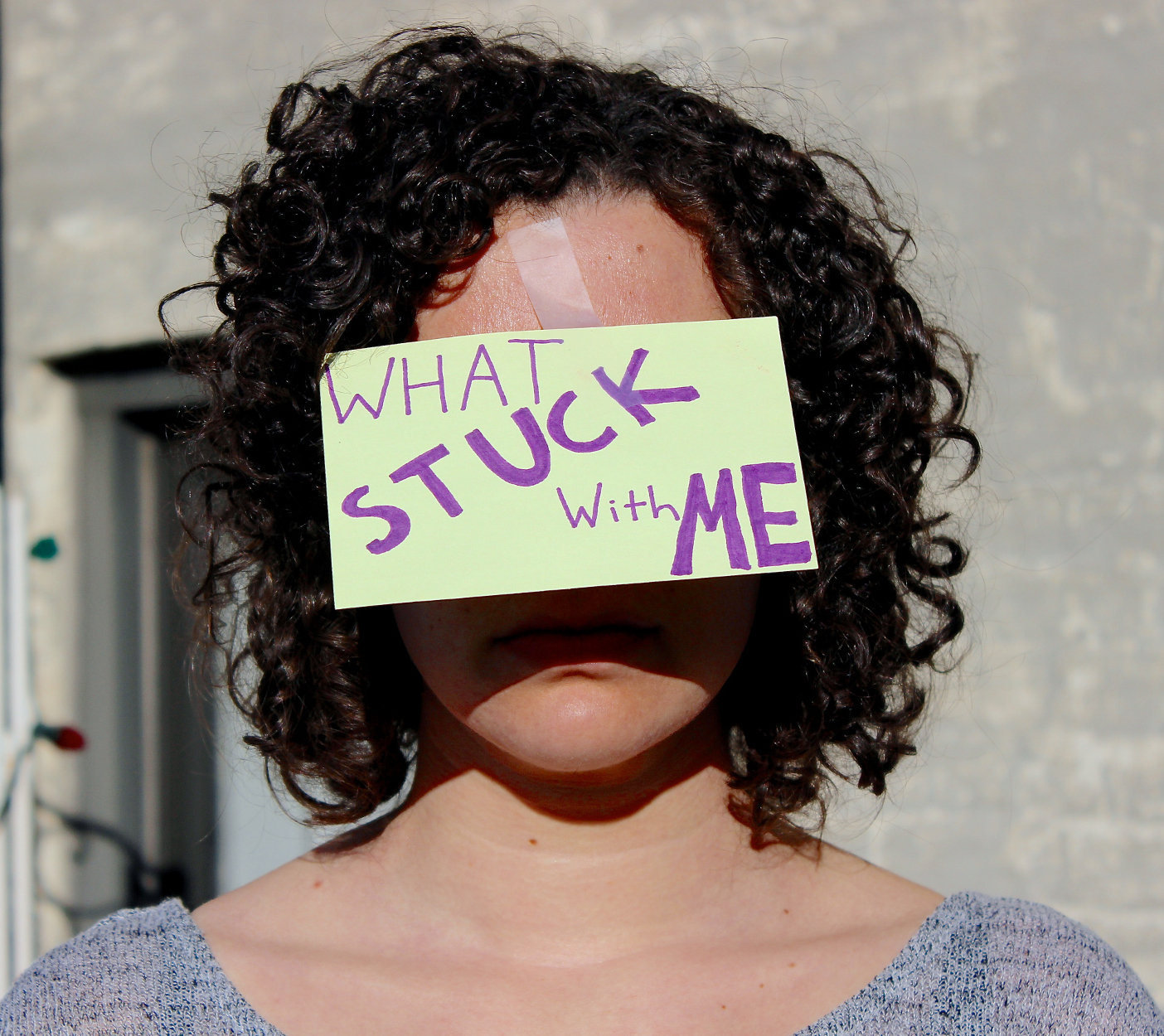"There is just something about you..."
/At the end of high school and beginning of college, I dated a guy who I thought I loved. He was intelligent and seemed to really understand me when nobody else did. The first year was great, but after that, he started becoming angry easily and yelling at me a lot. Eventually, he started hitting me and raping me.
Most nights ended in him crying and apologizing. One night, however, he looked at me and said. "There is just something about you that makes good guys do bad things."
I'm now married to a great guy who helped me escape that other relationship. Though my husband has told me it wasn't my fault, I still wonder sometimes what it was about me that caused the abuse. I don't think I will ever be 100% okay.
